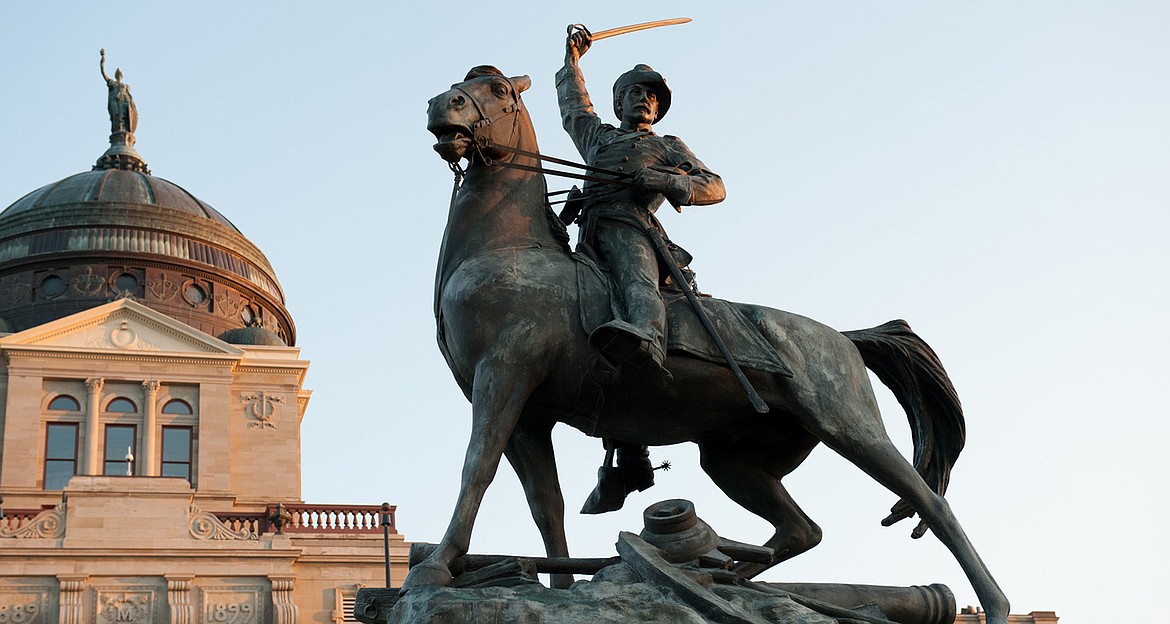It's 'no accident' how we arrived at this point
Last fall, Montanans were treated to a campaign ad from Gov. Bullock entitled “No Accident.” In it, Bullock brags about a $300 million surplus and not raising taxes on Montana families.
This August, the governor’s budget office released tax-collection projections showing the state should take in $307 million, a seven percent increase over the next two years compared to the previous two years. If Montana had truly been governed in a fiscally responsible manner, this announcement should have been great news. Instead, Montanans have been subjected to the threat of cuts to essential services like health care, education, and infrastructure because the state is supposedly facing a $227 million deficit.
How can the state have record high revenue, a $300 million increase, but still face a $227 million shortfall? Easy, Montana is not and has not been governed in a fiscally responsible fashion. The budget crisis, insofar as there is a crisis, exists because state government has a spending problem and there is an inability to recognize that you don’t spend more money than you take in.
The governor wants to place the blame on this year’s fires. It’s true, we had a very expensive fire season. However, fires did not cost the state of Montana $227 million. Overspending and an inability to separate “wants” from “needs” in the budget signed by Gov. Bullock led to this situation. The facts don’t lie: State government spending is growing much faster than revenue, faster than population growth and inflation, and significantly faster than the state’s economy. Rather than come to terms with a government spending problem, Bullock is on a non-stop campaign to impose new sales taxes.
The governor and Legislature could use this as an opportunity to reform government and prioritize core needs of Montanans. Together, they could cut the bloated bureaucracy while protecting essential services for those most in need. Instead, Montanans are being treated to political games. Instead of cutting waste, Montana’s vulnerable are targeted in an attempt to force the Legislature into raising taxes. The Department of Commerce could redirect the state’s $7 million tourism contract back to Montana from the out-of-state firm he gave it to originally. This would keep revenue in the state and yet this isn’t being considered.
The governor could set a leadership example and reduce spending among his personal staff and travel, which has gone up 15 percent since he took office.
The state could cut wasteful spending such as a $30,000 grant to a dog toy manufacturer, or the $14,000 taxpayers spent on a BBQ food truck. They could rescind the $9.5 million in optional pay raises to government employees — of which, an audit of those raises found that 173 of the 200 pay raises looked at were not properly supported, according to the requirements of agency policy, state policy or collective bargaining agreements.
Gov. Bullock and the Legislature could take any number of actions to prioritize critical services for Montanans and hold themselves to Bullock’s campaign promise to oppose sales taxes.
During the session, Montana Policy Institute warned that taxpayers were being blackmailed with the threat of $280 million in higher taxes to support profligate spending. In full disclosure, we were wrong when we warned of a temporary dip in tax revenue. That decline never happened and tax collections over the next two years will be the highest in our state’s history. That threat of higher taxes, however, has proved all too real.
It’s no accident the governor is calling for a special session. We do not have a budget deficit — the state will take in $300 million more this cycle compared to last — we have a deficit of political leadership. The governor and Legislature need to accept that we has a spending problem and finally show some leadership by prioritizing the budget to benefit Montana families and businesses instead of Helena politicians.
Brent Mead is the CEO of Montana Policy Institute.

